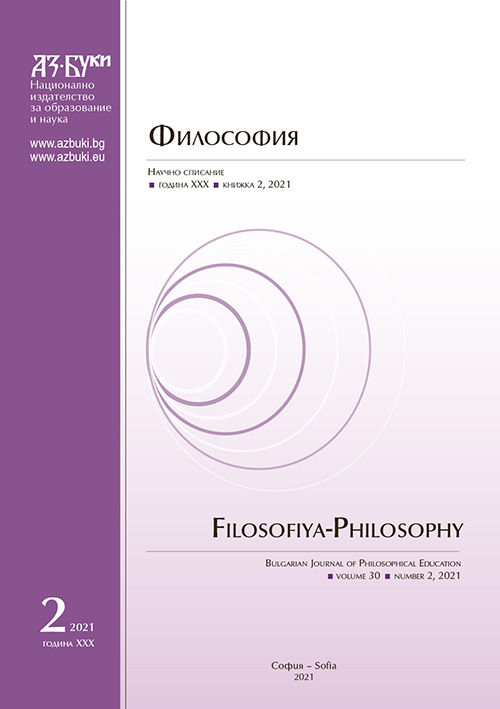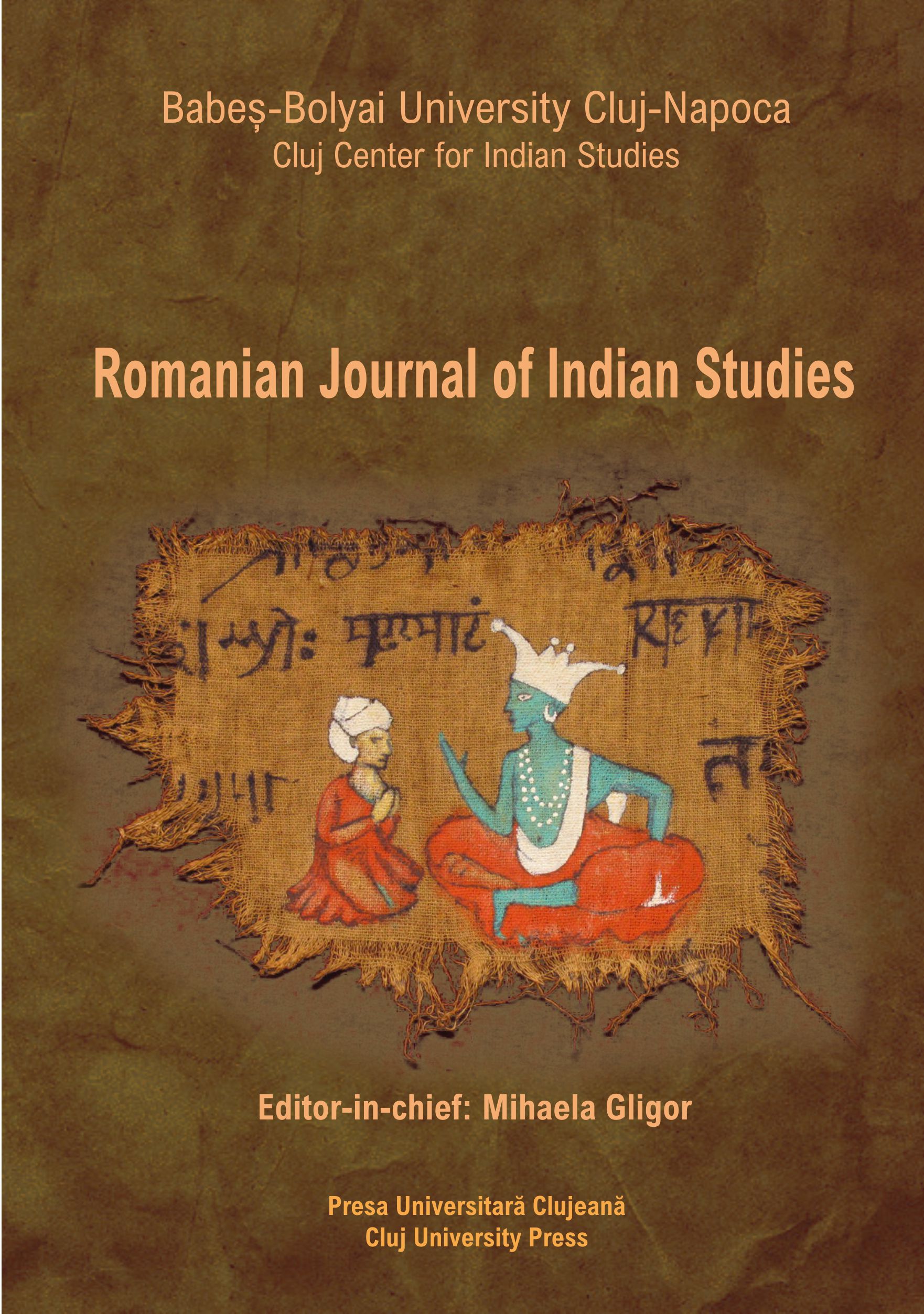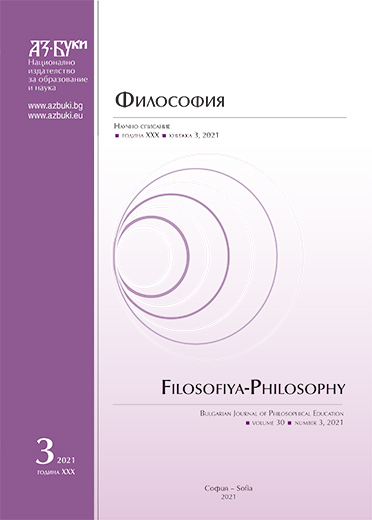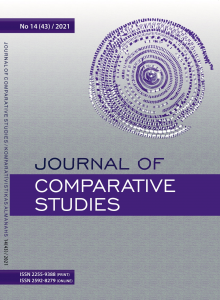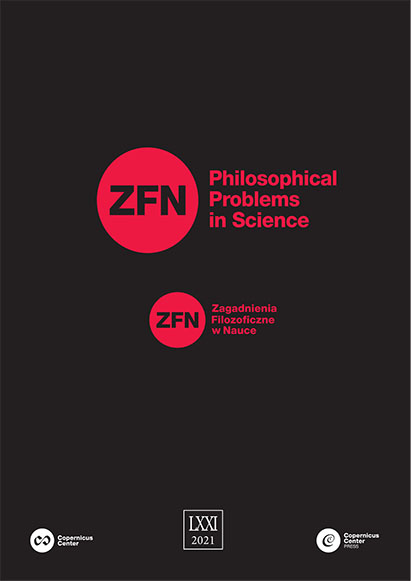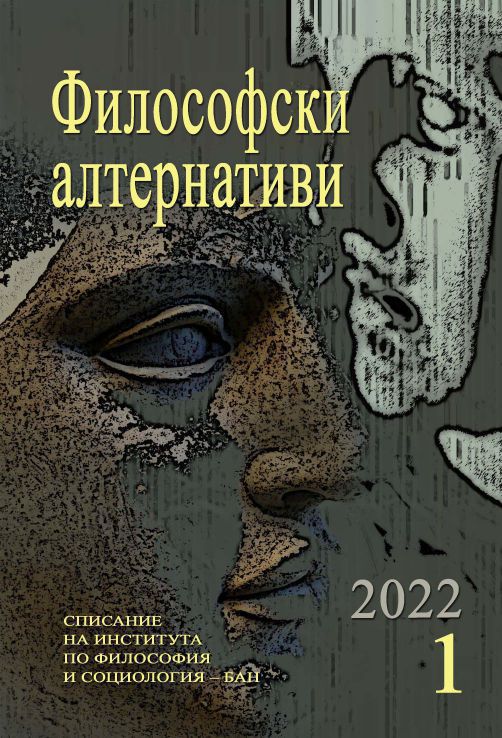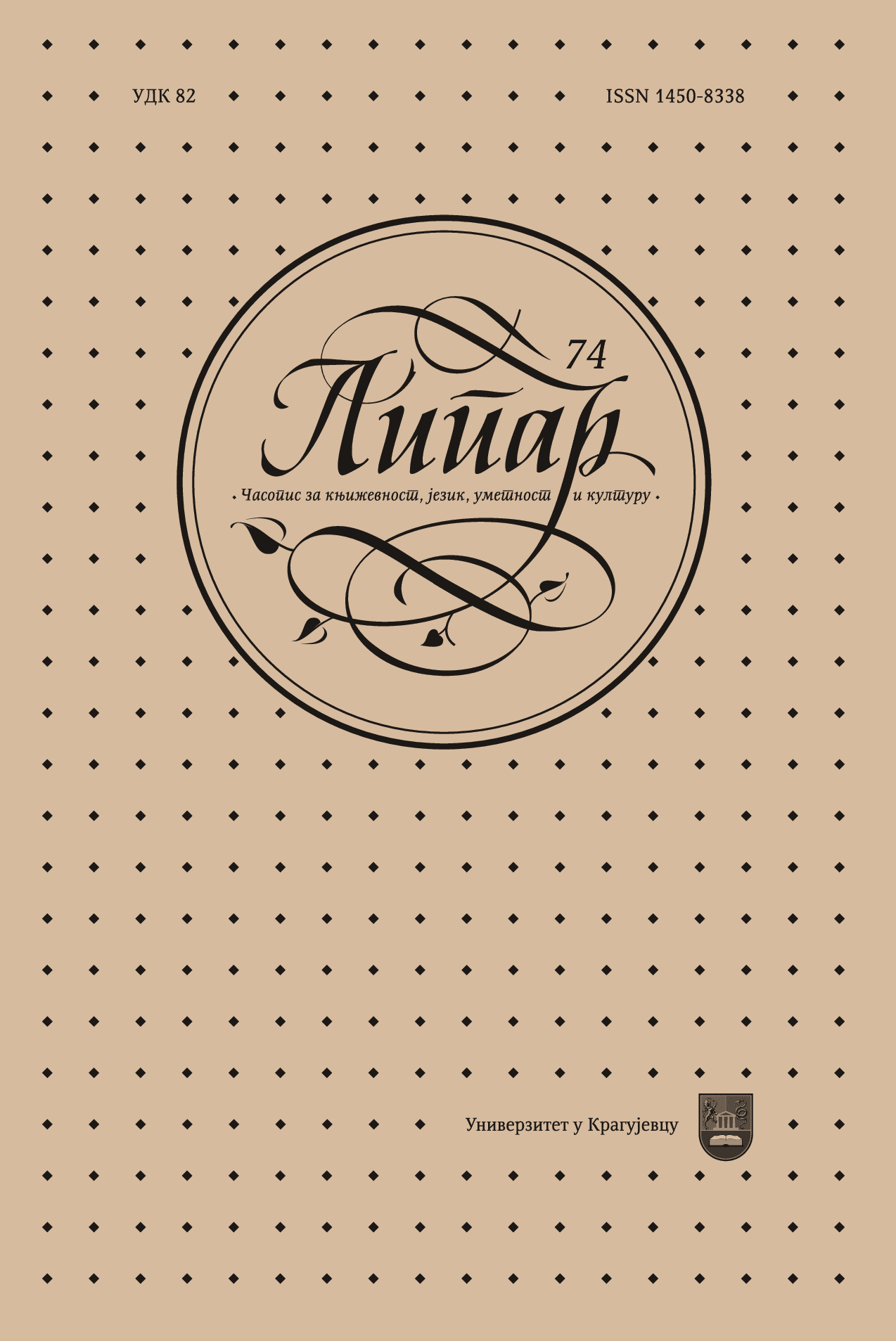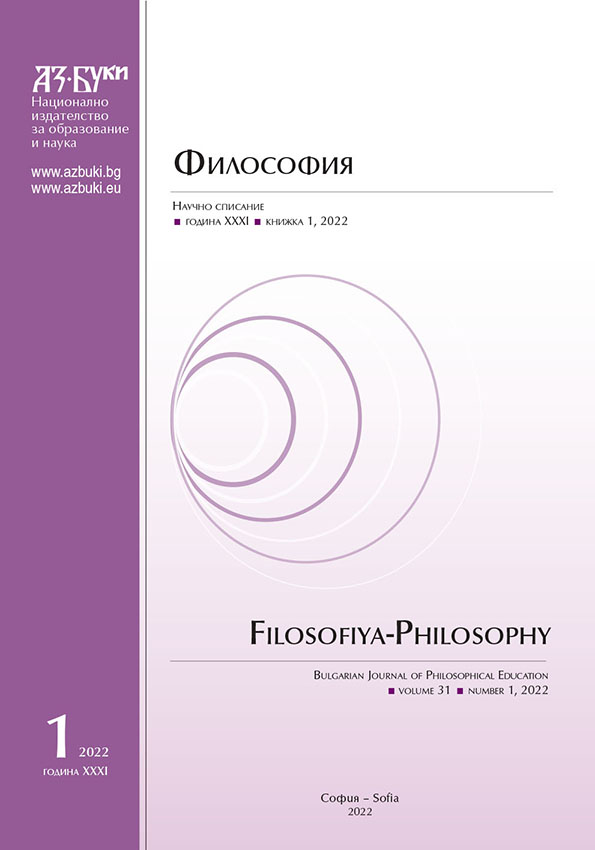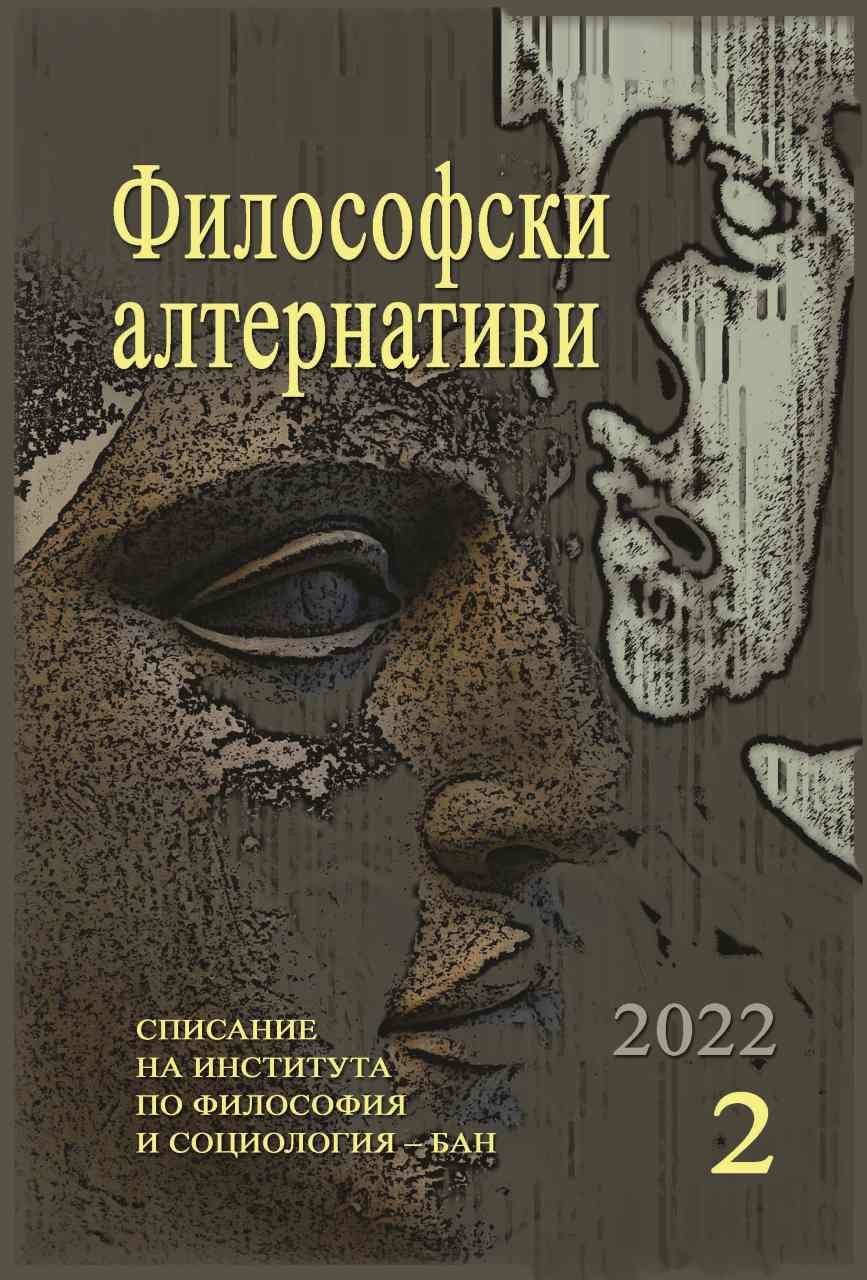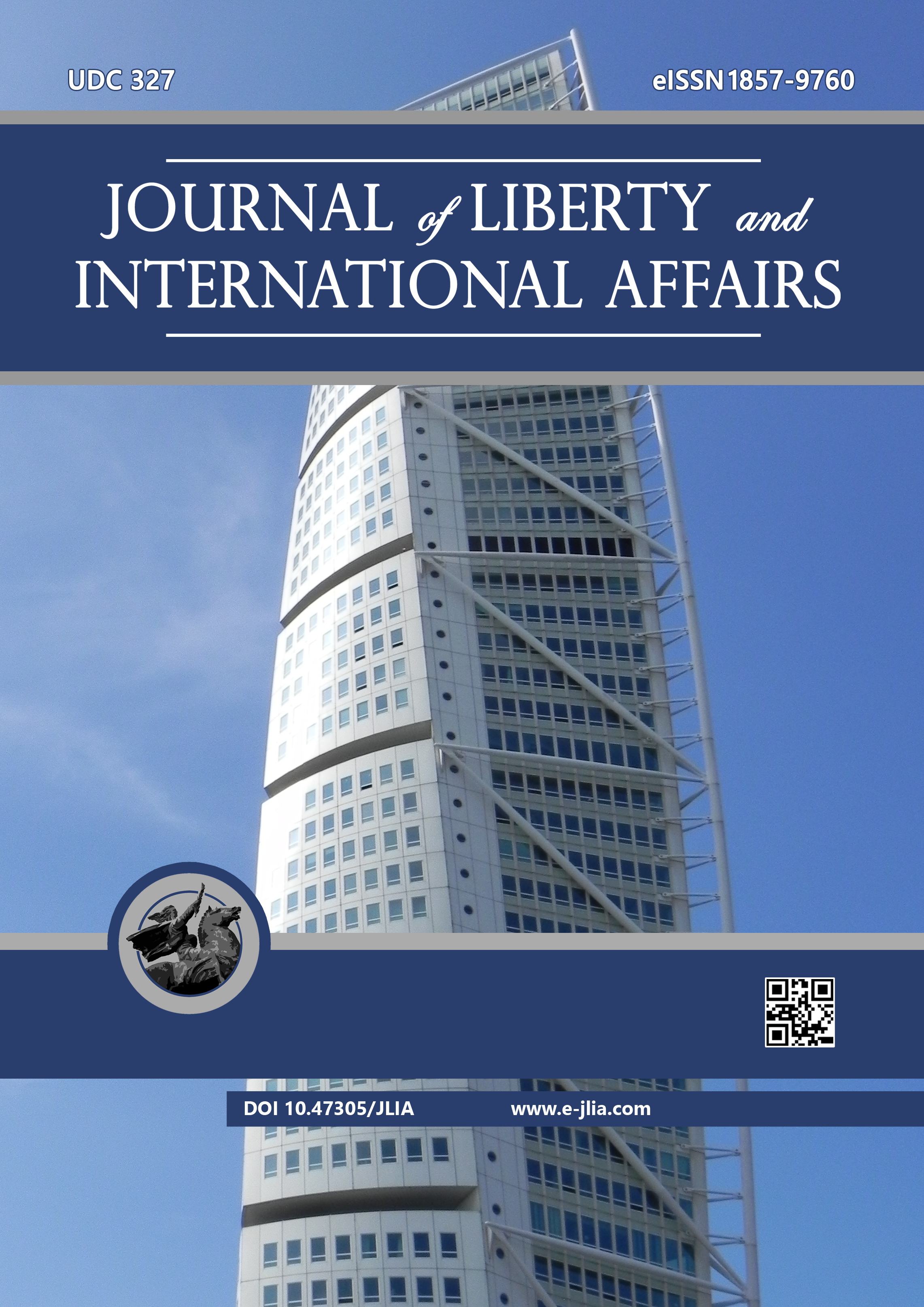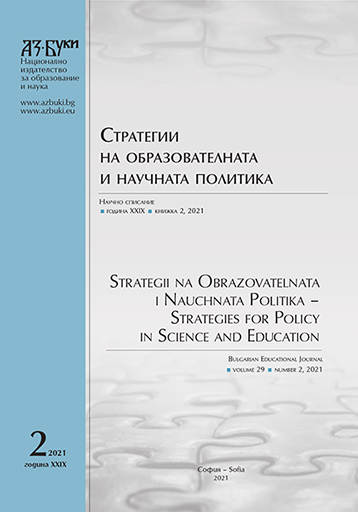
Как мислим трансцендентното: диалогът между Карл Юнг и Мартин Бубер
The relationship between metaphysics and psychology has different dimensions. An emblematic example of this relationship is the literary polemics between Martin Buber and Carl Jung about boundaries between the two areas of scientific knowledge. According to Buber, Jung allows himself to cross the border of psychology and psychiatry through metaphysical assertions, while Yung claims he doesn’t go beyond that, and all his speeches, even about transcendent objects, don’t leave the sphere of empiricism. The purpose of this article is to reconstruct this dialogue and critically analyze it in view of the possibilities of thinking of the transcendence.
More...
